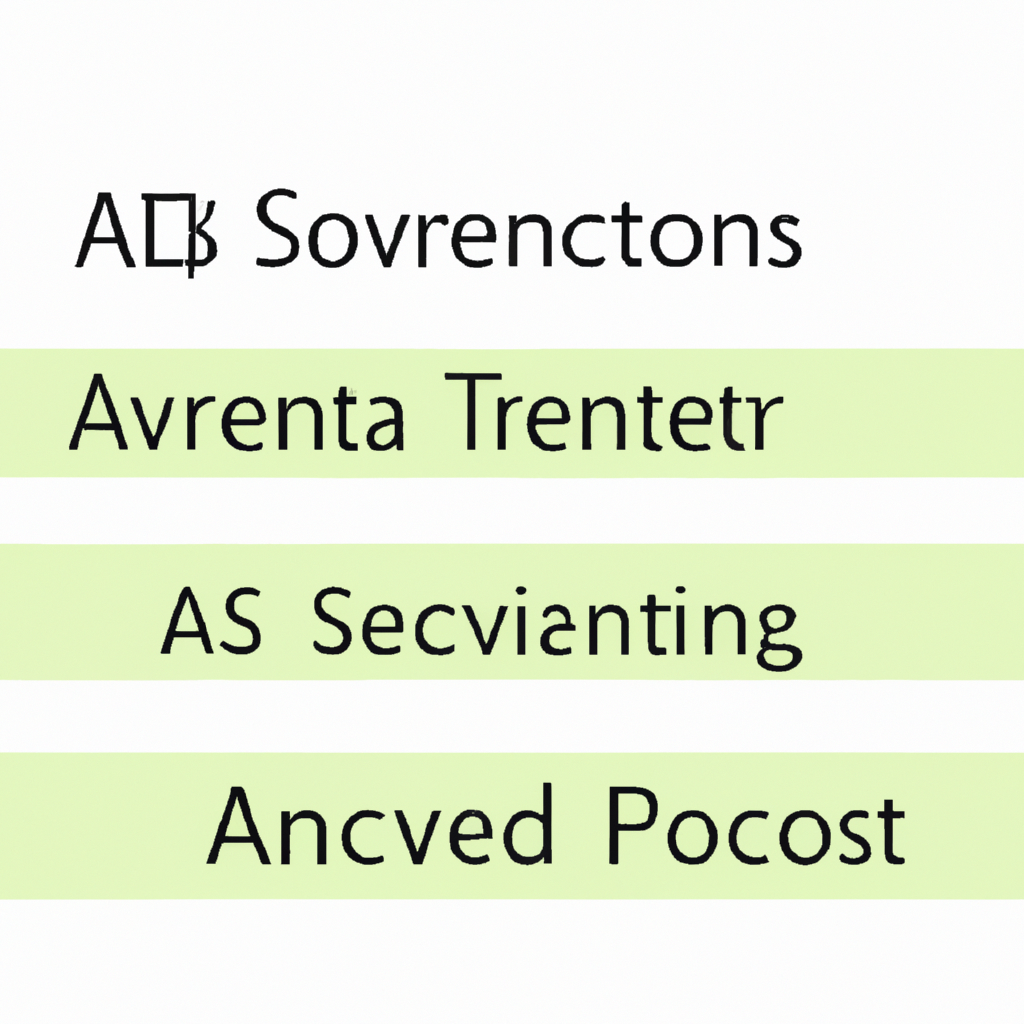
Comparing Investment Account Types: IRAs, 401(k) Plans, and Brokerage Accounts
Comparison of Investment Account Types
Individual Retirement Account (IRA)
An Individual Retirement Account (IRA) is a retirement savings account that allows individuals to save for retirement on a tax-advantaged basis. There are two main types of IRAs: traditional IRAs and Roth IRAs.
– Traditional IRAs: Contributions to a traditional IRA may be tax-deductible, and earnings grow tax-deferred until withdrawal. Withdrawals are taxed as ordinary income.
– Roth IRAs: Contributions to a Roth IRA are made with after-tax dollars, but withdrawals in retirement are tax-free. There are income limits for contributing to a Roth IRA.
401(k) Plan
A 401(k) plan is an employer-sponsored retirement savings account. Employees can contribute a portion of their salary to the plan, and employers may also make matching contributions.
– Traditional 401(k): Contributions to a traditional 401(k) are made with pre-tax dollars, reducing current taxable income. Earnings grow tax-deferred until withdrawal, which is taxed as ordinary income.
– Roth 401(k): Some employers offer a Roth 401(k) option, where contributions are made with after-tax dollars but withdrawals in retirement are tax-free.
Brokerage Account
A brokerage account is a taxable investment account that allows individuals to buy and sell stocks, bonds, mutual funds, and other securities. Unlike retirement accounts, there are no tax advantages for contributions or earnings in a brokerage account.
– Taxable Investment Gains: Capital gains, dividends, and interest earned in a brokerage account are subject to taxes in the year they are realized.
– Flexibility: Unlike retirement accounts, funds in a brokerage account can be withdrawn at any time without penalty.
Comparison
– Tax Benefits: IRAs and 401(k) plans offer tax advantages for retirement savings, while brokerage accounts do not provide any tax benefits.
– Contribution Limits: IRAs and 401(k) plans have annual contribution limits set by the IRS, while there are no limits on contributions to a brokerage account.
– Withdrawal Rules: Retirement accounts have restrictions on when funds can be withdrawn without penalty, while funds in a brokerage account can be accessed at any time.
In conclusion, the choice of investment account type depends on individual financial goals and circumstances. Retirement accounts offer tax advantages for long-term savings, while brokerage accounts provide flexibility for shorter-term goals or non-retirement investments. It is important to consider the tax implications, contribution limits, and withdrawal rules of each account type before making investment decisions.

